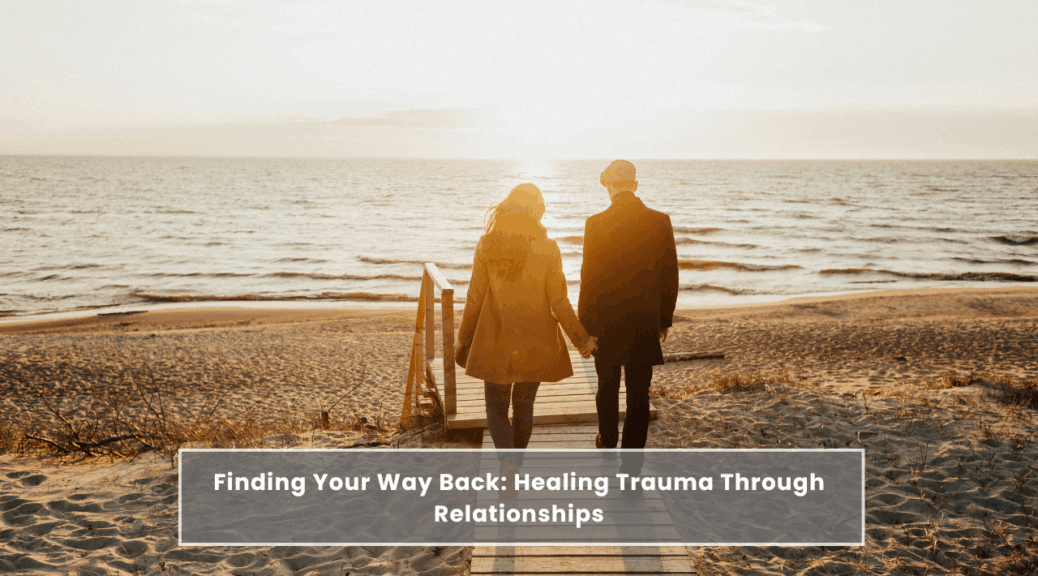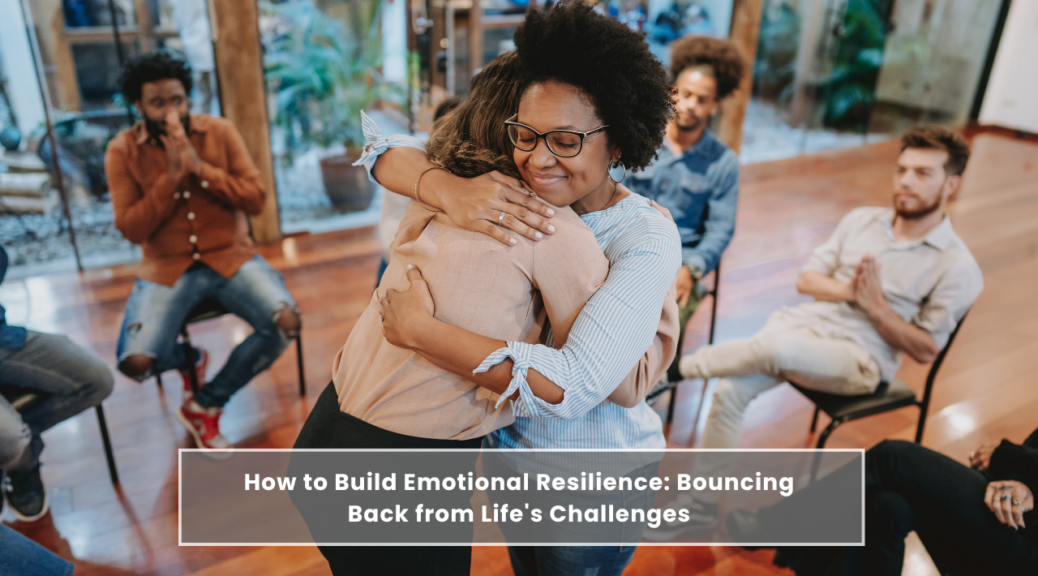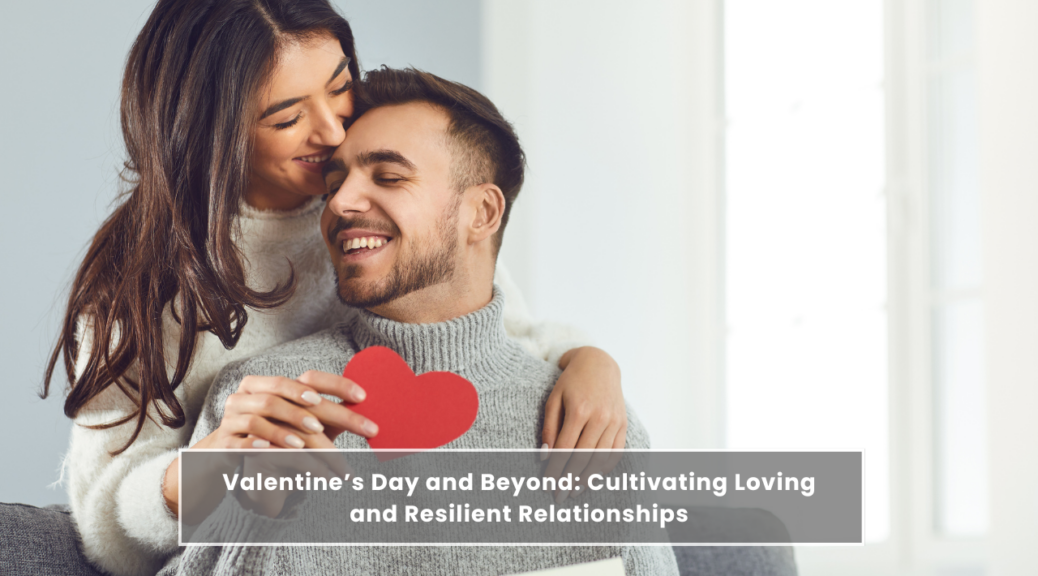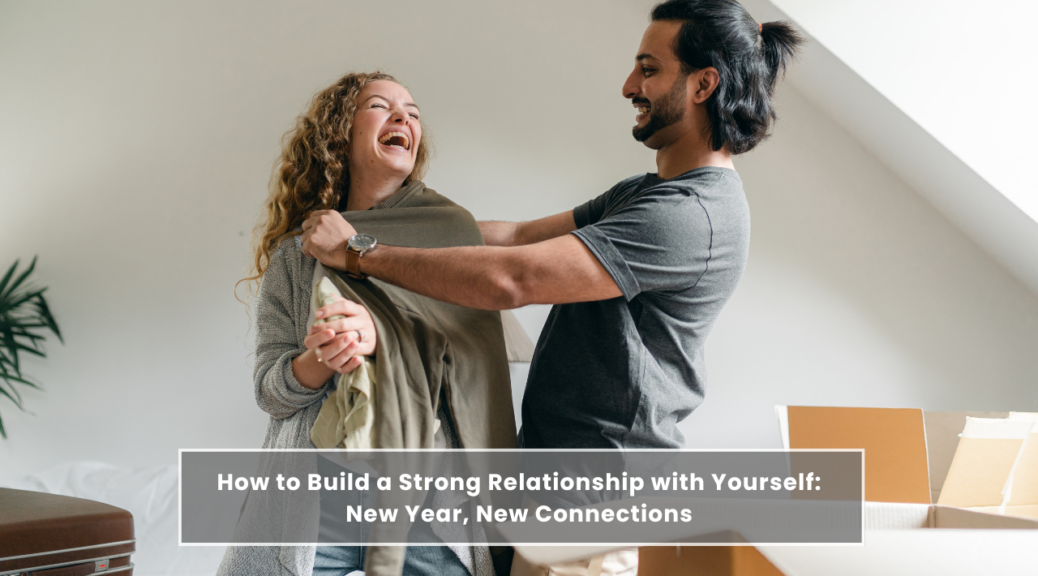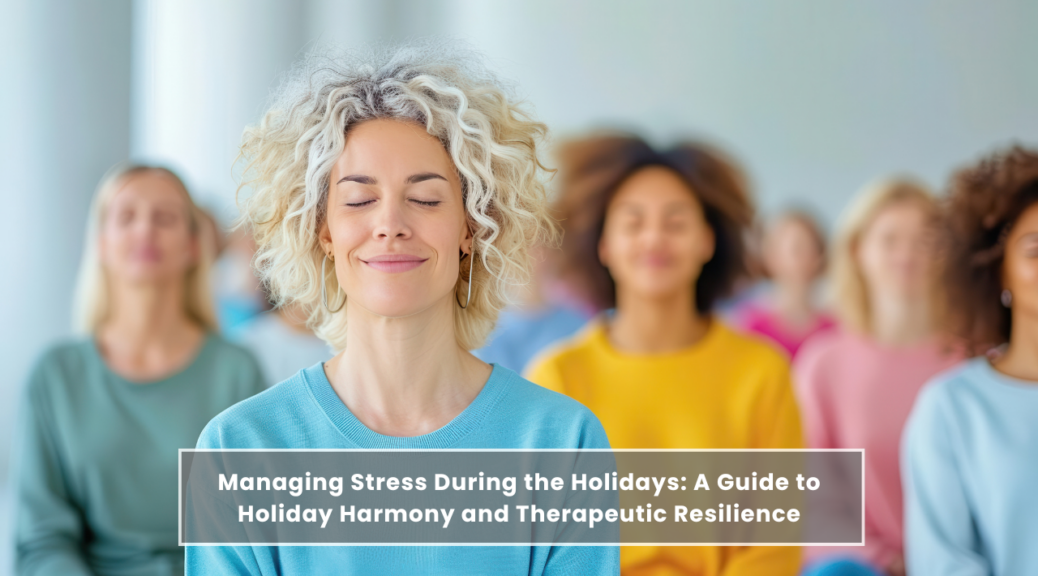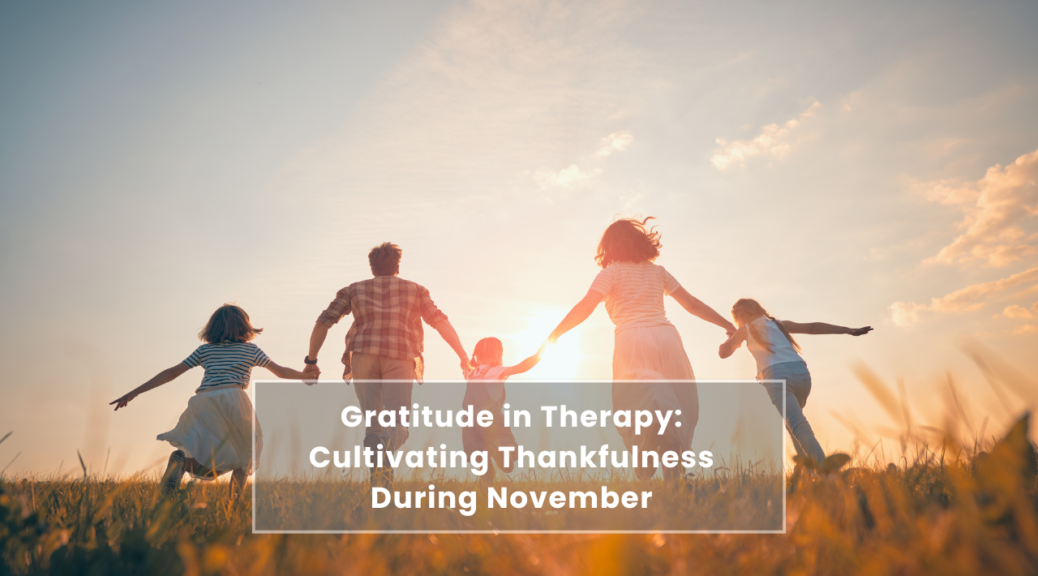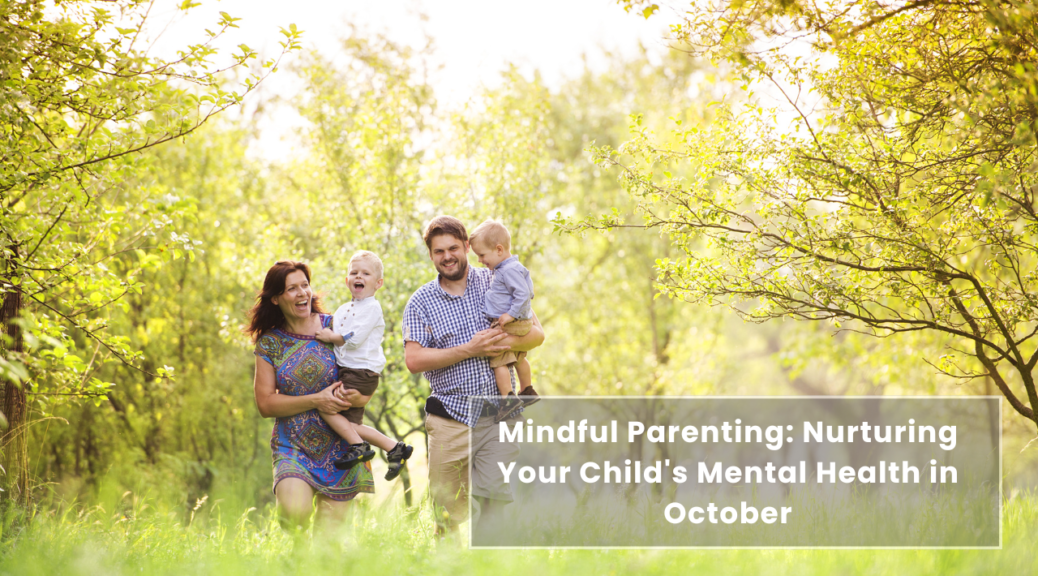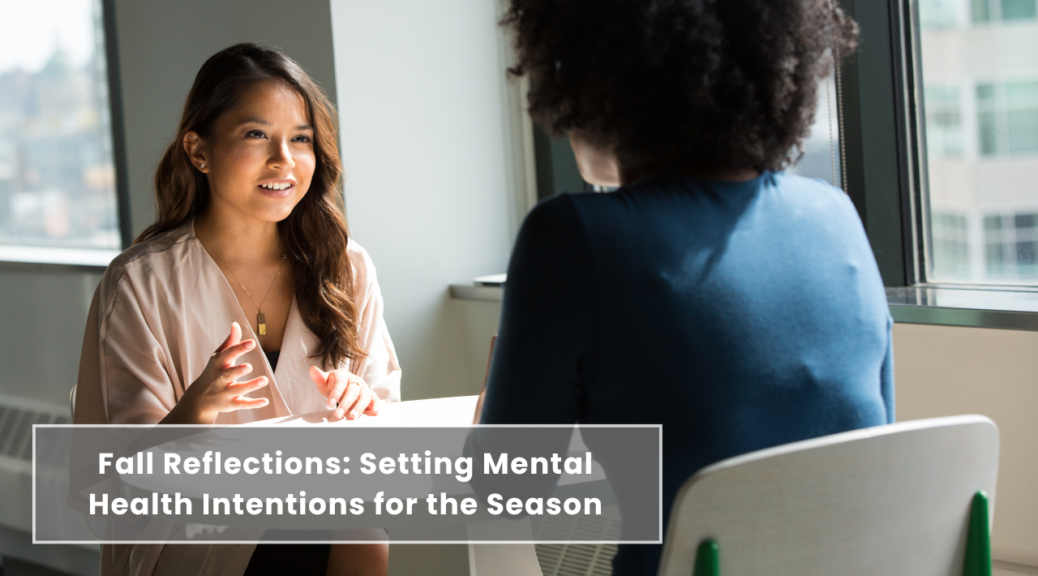Have you ever gone through something deeply painful, an experience that left you feeling scared, alone, or unsure of who to trust? These kinds of experiences are often called trauma. Trauma can come from a single overwhelming event or from a series of smaller, ongoing hardships.
It can leave a lasting impact, especially when it happens early in life and can shape how we see ourselves and how we relate to others, making it difficult to form healthy, trusting connections.
But healing doesn’t have to be a solitary journey. In fact, one of the most powerful and lasting ways of recovery is healing trauma through relationships. When we experience genuine care, safety, and connection with others, it helps us rebuild trust, feel seen, and begin to mend what’s been broken inside.
Relationships can become a safe place, a kind of emotional bridge, that supports us as we move forward.
What Happens When We Go Through Trauma?
Trauma isn’t just a bad memory; it changes how our brains and bodies work. It can make us feel jumpy, worried, or sad a lot of the time. We might have nightmares or feel like we’re reliving the tough event. It can also make it hard to feel close to people, because trusting feels scary.
Sometimes, people who have been through trauma might struggle with things like anxiety or feeling down. Feeling overwhelmed or worried is a common experience, and learning how to handle anxiety is an important part of healing.
This is especially true with something called relational trauma. This often happens when the people who were supposed to care for us, like parents or caregivers, weren’t always consistent or safe. This can make it really tough to form healthy relationships later on.
How Do Relationships Help Us Heal?
Think about a time you felt scared or sad, and a friend or family member just sat with you and listened. Didn’t that help you feel a little better? That’s a small example of how safe relationships can help us heal.
When we have secure relationships, they provide:
A Safe Place to Be You
Healing starts when we feel safe. Secure relationships offer a safe space to talk about what happened, to feel your feelings without judgment, and to just be without pretending everything is okay. This kind of safety helps quiet down the alarm system in our brains that trauma can turn on.
Learning to Trust Again
Trauma, especially relational trauma, can really break down trust. In a secure relationship, you can practice trusting someone little by little. When someone is reliably there for you, listens, and respects you, it helps show your brain and heart that not everyone will hurt you. This rebuilding of trust is a key part of healing trauma through relationships.
Feeling Connected, Not Alone
Trauma can make you feel very alone, like nobody else understands. Secure relationships fight against that loneliness. Knowing there are people who care about you, who want to support you, makes a huge difference in feeling less isolated.
Understanding Your Feelings
Sometimes, trauma makes our feelings feel too big or scary to handle. In a supportive relationship, you can learn to understand and manage these big feelings. Trusted people can help you sort through them, or just be a calm presence when you’re feeling overwhelmed.
Tools That Help Healing
Healing from trauma is a journey, and relationships are a vital part of it. But there are other helpful tools too.
Talking It Out With a Professional (Therapy)
Therapists who understand trauma have special ways to help you process what happened in a safe setting. Therapies like Trauma-Focused CBT or Eye Movement Desensitization and Reprocessing (EMDR) can help you understand how the trauma affected you and learn new ways to cope. Working with a therapist is like having a guide who knows the way through the difficult parts of the journey.
Connecting With Your Body
Trauma doesn’t just affect our minds; it affects our bodies too. Sometimes, healing involves movement, like yoga or other exercise. These activities can help release tension and make you feel more connected to your body in a safe way. Mindfulness practices, like paying attention to your breath or what’s happening right now, can also help you feel more present and less stuck in the past.
Taking Care of Yourself Every Day
Healing also means taking good care of yourself. This includes getting enough sleep, eating healthy foods, and doing things you enjoy. Spending time with friends and family, the people in your support system, is also a huge part of this. These healthy habits build strength and help your body and mind recover.
Building Your Circle of Support
Finding and building secure relationships takes time, especially if trauma has made it hard to trust. Start small. Connect with people who make you feel safe and accepted. This could be a family member, a friend, a partner, or even a support group.
It’s also important to learn about healthy boundaries in relationships. Boundaries are like invisible lines that protect your feelings and energy. In secure relationships, people respect each other’s boundaries. This helps everyone feel safe and valued.
To learn more about how you can feel valued in a relationship, read our article, “How to Have Self-Worth in a Relationship: Building Confidence and Healthy Connections.”
Healing from trauma is a brave process, and you don’t have to go through it alone. Building and relying on secure relationships is a powerful way to find connection, rebuild trust, and move towards a brighter future. Remember, help is available, and finding the right support can make all the difference in healing trauma through relationships.
How CCHC Can Help
The Center for Connection, Healing, and Change (CCHC) understands that healing from trauma often involves understanding ourselves and our relationships. We blend different approaches, including therapy and looking at how our brains work, along with the wisdom of mindfulness.
We help people with many different challenges, including experiences of trauma and attachment issues, which are about how we connect with others. Our therapists work with individuals, couples, and families from a whole-person perspective, focusing on care that understands trauma, uses body-based methods, and looks at attachment styles.
Ready to take a step towards healing and building stronger connections? Schedule a free consultation with us today, email info@thecenterforconnection.com, call (703) 878-3290, or visit our offices in Fairfax or Woodbridge. We are located at 3930 Walnut St, Suite 250, Fairfax, VA 22030 or at 12751 Marblestone Dr, Suite 200, Woodbridge, VA 22192. Our hours of operation for intake coordination are Monday through Thursday from 8 a.m. to 6 p.m. and Friday from 8 a.m. to 5 p.m. Our clinical services are available Monday through Thursday from 7 a.m. to 8 p.m. and Friday from 7 a.m. to 6 p.m.




